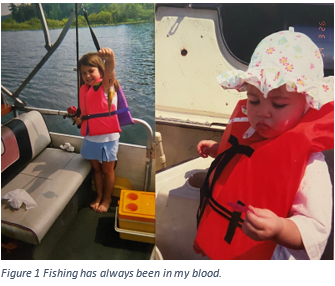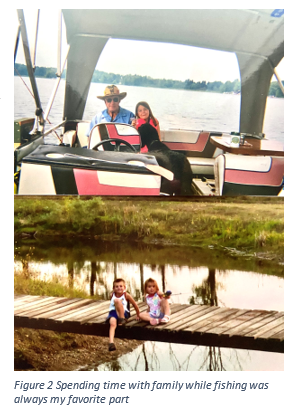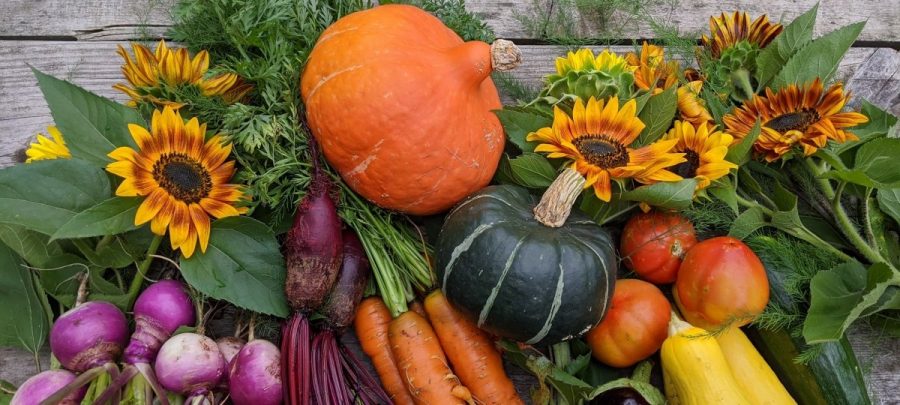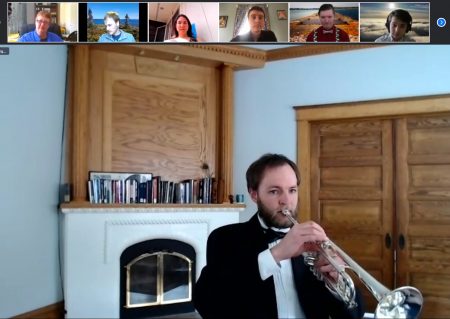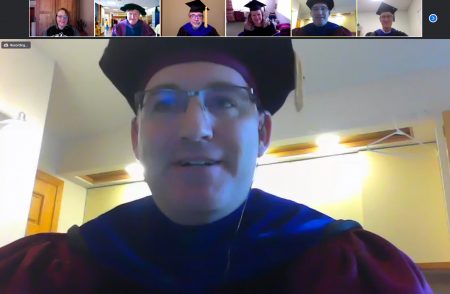by Maya Klanderman
The Portage Lake Seed Library is a new addition within the Portage Lake District Library in Houghton, MI this growing season. Seed libraries are grassroot initiatives focused on enriching the gardening community by encouraging seed saving and swapping. Novice or expert gardeners are provided with a low-risk way to try something new by using seed libraries. Using native, non GMO seeds, seed libraries provide free seeds to the public for gardening purposes.
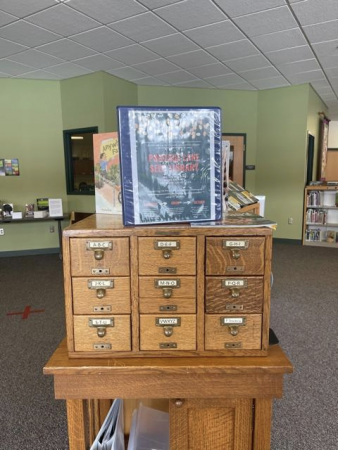
The seed library is situated near the new books section, towards the front of Portage Lake District Library. It is easily accessible and open to anyone who wants to check out seeds for the 2021 growing season.
The seed library hosts multiple varieties of seeds, including flowers. These seeds are from local growers and donations to the seed library. All of these seeds are suitable for growing in the Keweenaw.
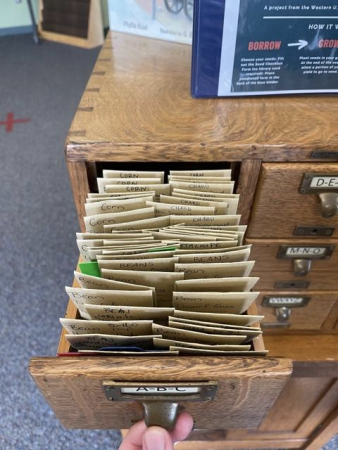
There is a binder situated on top of the seed library which holds documents needed to check out seeds as well as additional information about seed saving. Patrons can then take the seeds, plant them, harvest, and collect a portion of the seeds to donate back to the seed library in the fall. You do not need to be a member of the library to donate or check out seeds.
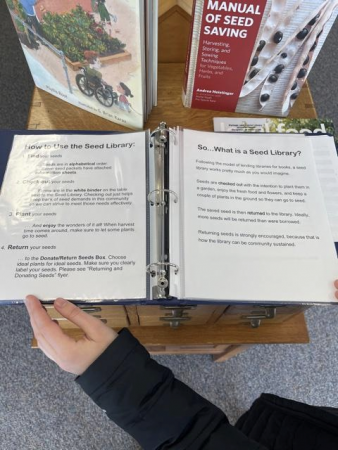
If you have any questions feel free to contact us at our email address PortageSeedLibrary@gmail.com.There will be more information available as the fall and winter season nears as to how seed donations will be accepted back to the seed library. Additional information and resources can be found on the Portage Lake District Library website. Happy seed saving!
Maya Klanderman will start her 2nd year as a Sustainability Science and Society major in Fall 2021. She completed work with the Portage Lake Seed Library as part of a Spring 2021 SS Undergraduate Program for Exploration and Research in Social Sciences under the supervision of Dr. Angie Carter and Rachael Pressley (Portage Lake Seed Library).
